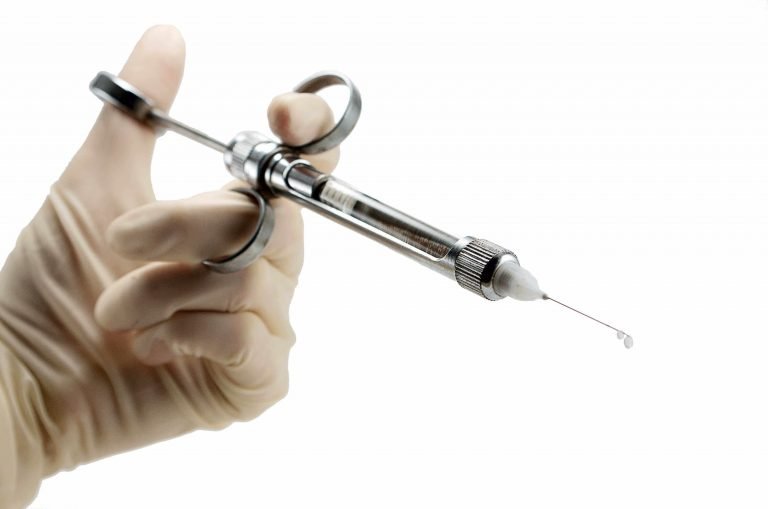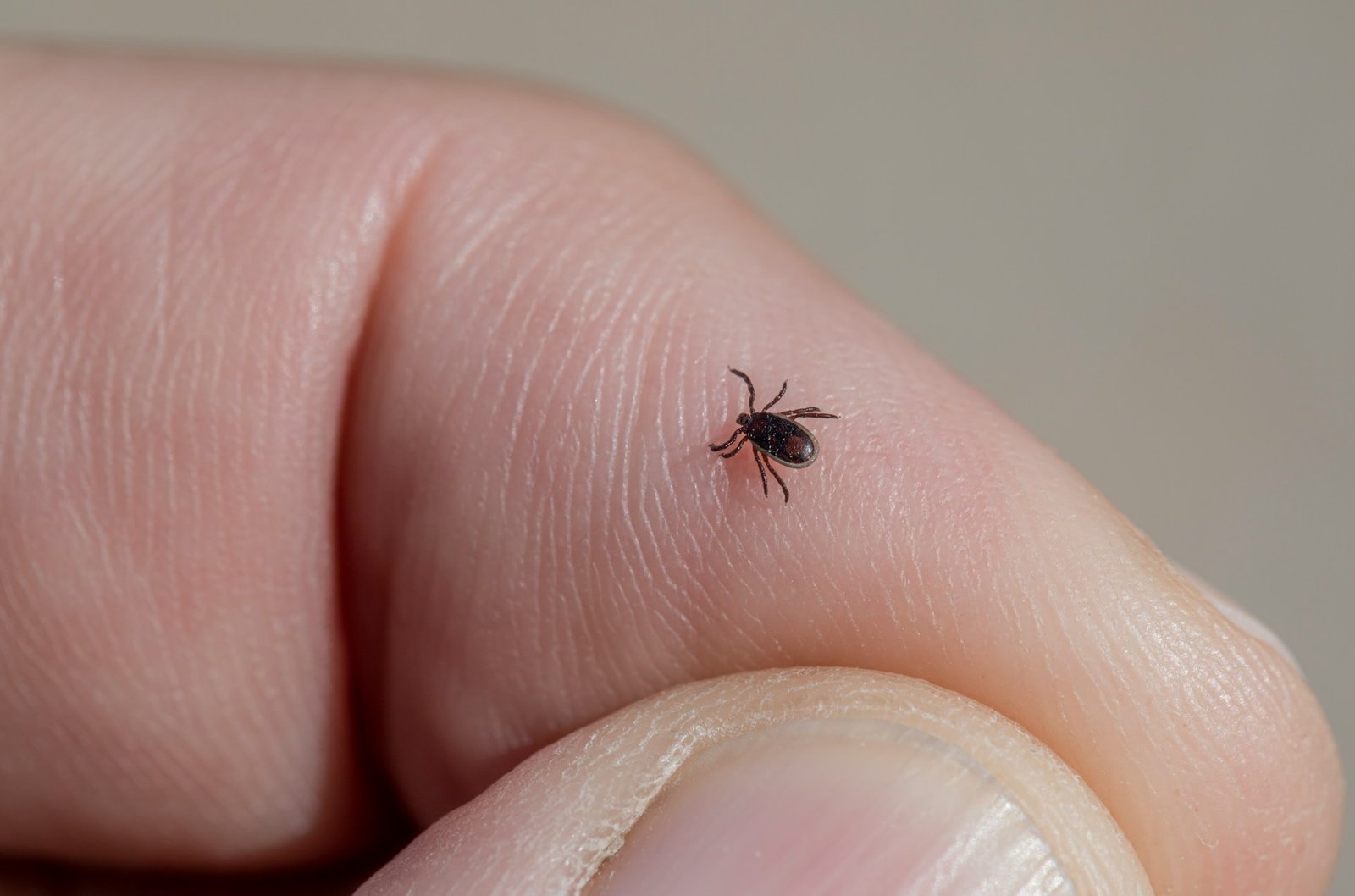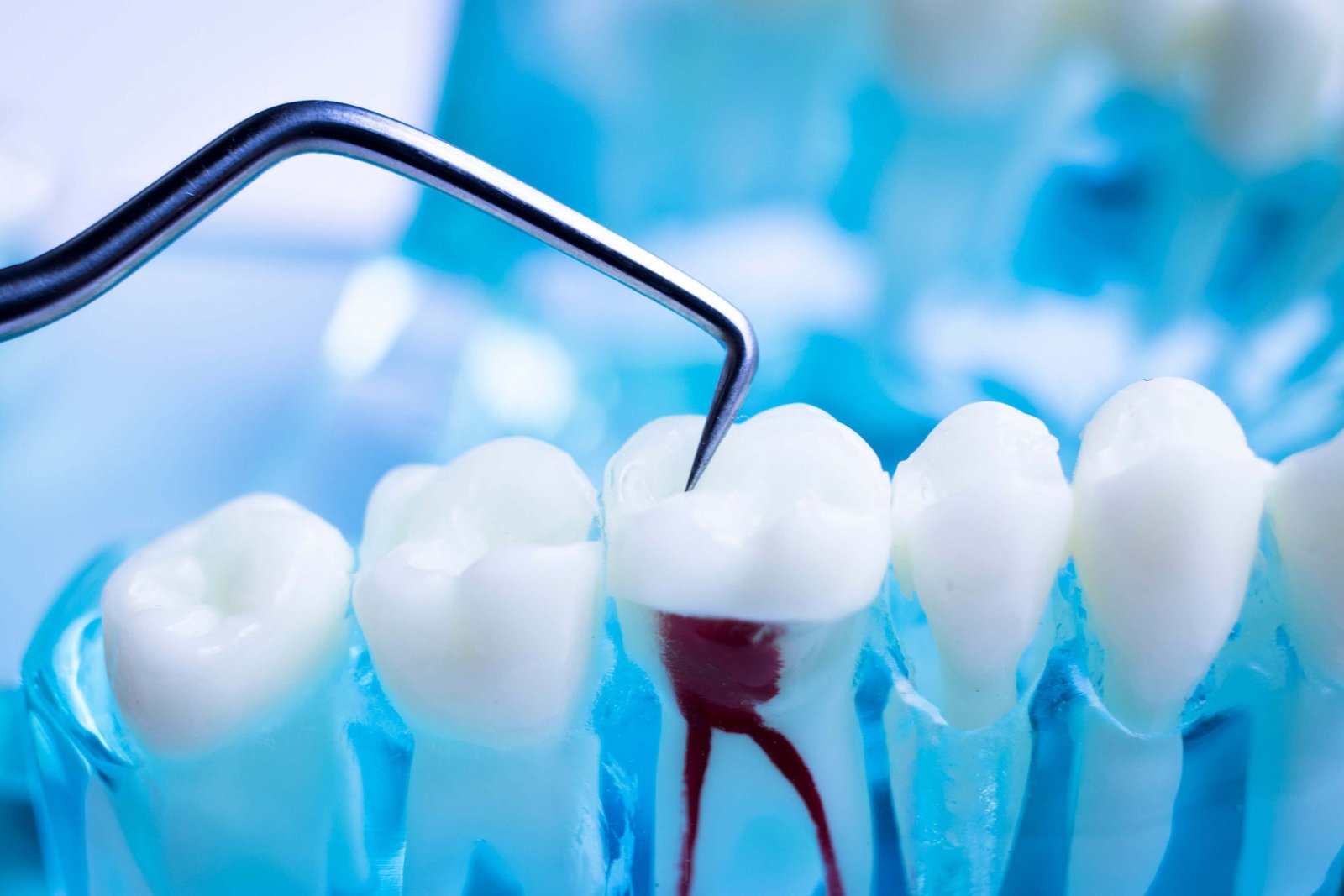Novocaine, a local anesthetic commonly used in dental procedures, is a type of dental anesthetic that can leave patients feeling numb for hours after dental treatment itself. The body metabolizes Novocaine, which is essential for pain-free dental work, but it can be inconvenient once the procedure is over. Fortunately, there are several strategies to help with eliminating Novocaine from the system faster. This article will explore practical tips to expedite the anesthetic wearing-off process.
Key Takeaways on How to Make Novocaine Wear Off Faster
Novocaine, a dental numbing medication commonly used in dental procedures, can leave patients feeling numb for a few hours after dental treatment itself.
Physical Activity: Engaging in light physical activity such as walking or gentle exercises can help stimulate blood flow, which can aid in metabolizing Novocaine from your system faster. Increased will increase blood circulation which can speed up the body’s natural process of dispersing the anesthetic.
Massage the Area: Gently massaging the area around the injection site can promote blood flow and help disperse the anesthetic. However, be cautious to avoid vigorous rubbing that could cause irritation or damage to the tissue.
Stay Hydrated: Drinking plenty of water can help flush out the Novocaine from your system. Hydration supports overall metabolism and helps the body process and eliminate substances more efficiently.
Use a Warm Compress: Applying a warm compress to the affected area can increase blood flow, which may help in sending pain signals reducing numbness more quickly. Ensure the compress is warm, not hot, to avoid burns or discomfort.
Consider Natural Remedies: Some people find that natural remedies, such as consuming small amounts of caffeine, can stimulate the nervous system and help reduce the effects of Novocaine. Be cautious with caffeine intake, especially if you have any contraindications.
Consult with Your Dentist: If you experience prolonged numbness or discomfort, it’s important to consult with your dentist. They can provide professional advice and ensure there are no complications from the anesthesia.
Understanding Novocaine and Its Effects
Novocaine (procaine) is a local anesthetic that blocks nerve signals in your body, preventing pain during dental procedures. Its effects typically last between one and two hours, but the numbing sensation can persist for up to five hours in some cases. Factors such as dosage, individual metabolism, and the specific area treated can influence how long the effects last. How your body metabolizes the anesthetic also plays a crucial role in determining the duration of Novocaine’s effects.
Physical Activities and Massage to Increase Blood Flow
1. Increase Physical Activity
One of the most effective ways to accelerate the wearing-off process of Novocaine is through physical activity, which helps to eliminate the anesthetic from your system. Engaging in mild to moderate exercise can increase blood flow and get the blood pumping throughout your body, which helps to metabolize the anesthetic medication more quickly. Here are some recommended activities:
- Walking: A brisk walk can stimulate circulation without causing undue stress.
- Stretching: Gentle stretching exercises can promote blood flow and reduce muscle stiffness.
- Light Household Chores: Activities like cleaning or gardening can keep you moving and help the anesthetic wear off faster.
2. Apply a Warm Compress
Applying a warm compress to the affected area can enhance blood circulation, aiding in the faster elimination of Novocaine. To do this, follow these steps:
- Use a warm (not hot) cloth or heating pad.
- Apply it to the numb area for 15-20 minutes.
- Repeat every hour as needed.
3. Massage the Area
Gently massaging the numb area can stimulate blood flow to treatment area and help the anesthetic dissipate more quickly. Use light, circular motions with your fingertips to gently massage the area for a few minutes. Be cautious not to apply too much pressure, as the area may still be sensitive.
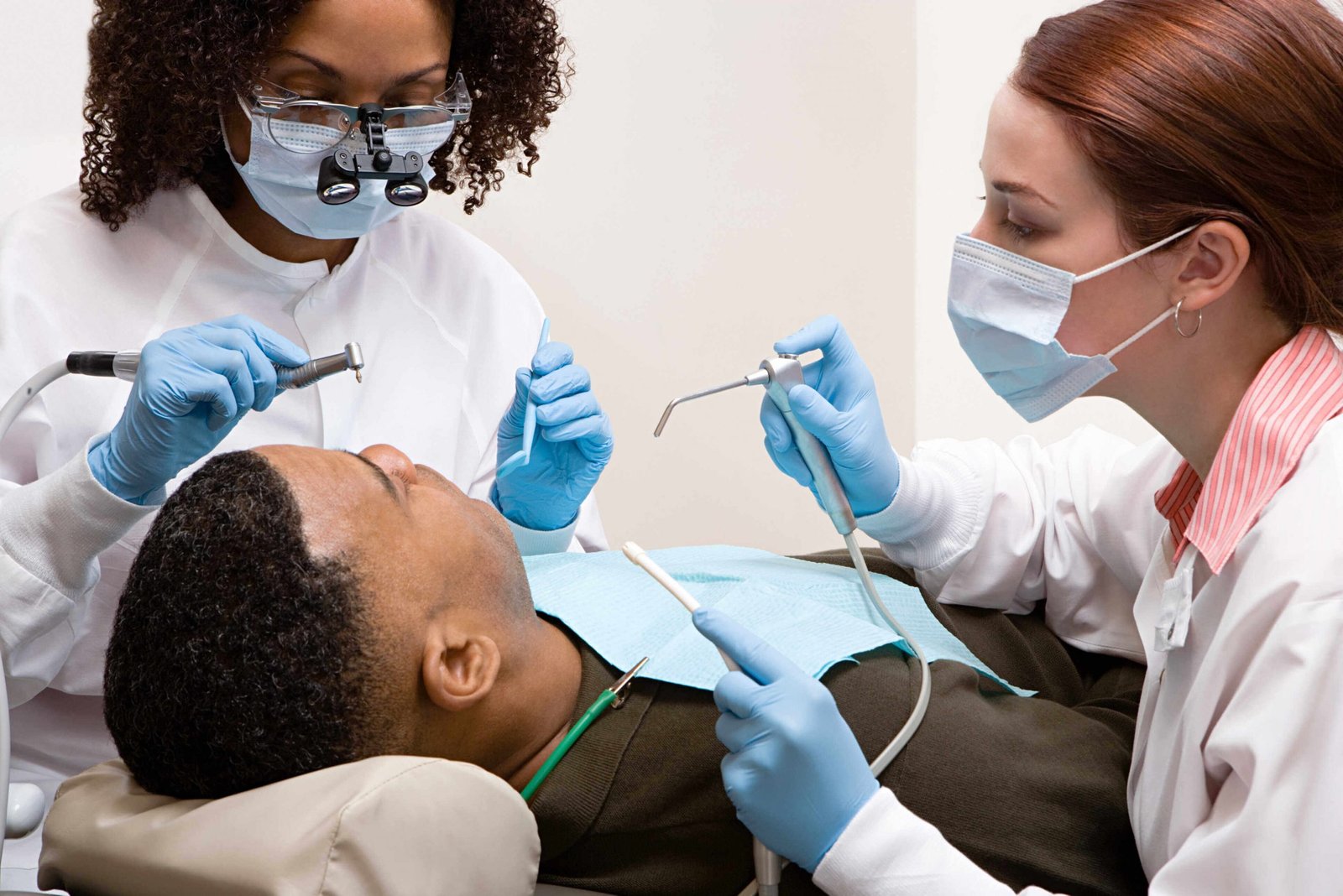
Hydration and Nutrition
4. Stay Hydrated
Drinking plenty of water is crucial for flushing out toxins and medications from your system, including aiding in dental anesthetic wear. Staying well-hydrated can help your body metabolize and eliminate Novocaine more efficiently. Aim to drink at least 8-10 glasses of water throughout the day.
5. Consume a Balanced Diet
Eating a balanced diet rich in vitamins and minerals can support your body’s natural detoxification processes. Focus on incorporating the following foods:
- Fruits and Vegetables: High in vitamins and antioxidants, these foods can aid in the removal of anesthetics from your system.
- Protein-Rich Foods: Protein helps repair tissues and can support overall metabolic functions. Include lean meats, eggs, and legumes in your meals.
- Healthy Fats: Sources like avocados, nuts, and olive oil can help maintain energy levels and support cellular health.
6. Avoid Alcohol and Caffeine
Alcohol and caffeine can dehydrate your body, slowing the metabolism of Novocaine. It’s best to avoid these substances until the numbness has completely worn off.
Home Remedies and Professional Advice
7. Try Home Remedies
Several home remedies can potentially help eliminate Novocaine from your system and reduce the duration of its numb side effects:
- Salt Water Rinse: Rinsing your mouth with warm salt water can promote blood flow and help reduce swelling. Mix one teaspoon of salt in a cup of warm water and rinse for 30 seconds.
- Peppermint Oil: Known for its stimulating properties, peppermint oil can be applied to the skin (diluted with a carrier oil) to promote circulation in the affected area.
8. Consult Your Dentist
If the numbness persists longer than expected or if you’re experiencing discomfort, it’s important to consult your dentist. They can provide professional advice and ensure there are no complications. In some cases, your dentist may suggest a reversal injection to help the numbness fade at a faster rate.
9. Consider Reversal Agents
In some cases, dentists may use a medication called OraVerse (phentolamine mesylate) to reverse the numbness wear and the effects of local anesthetics like Novocaine. OraVerse works by increasing blood flow to the area, which helps to flush out the local anesthetic drug more quickly. Discuss this option with your dentist if prolonged numbness is a concern for you.
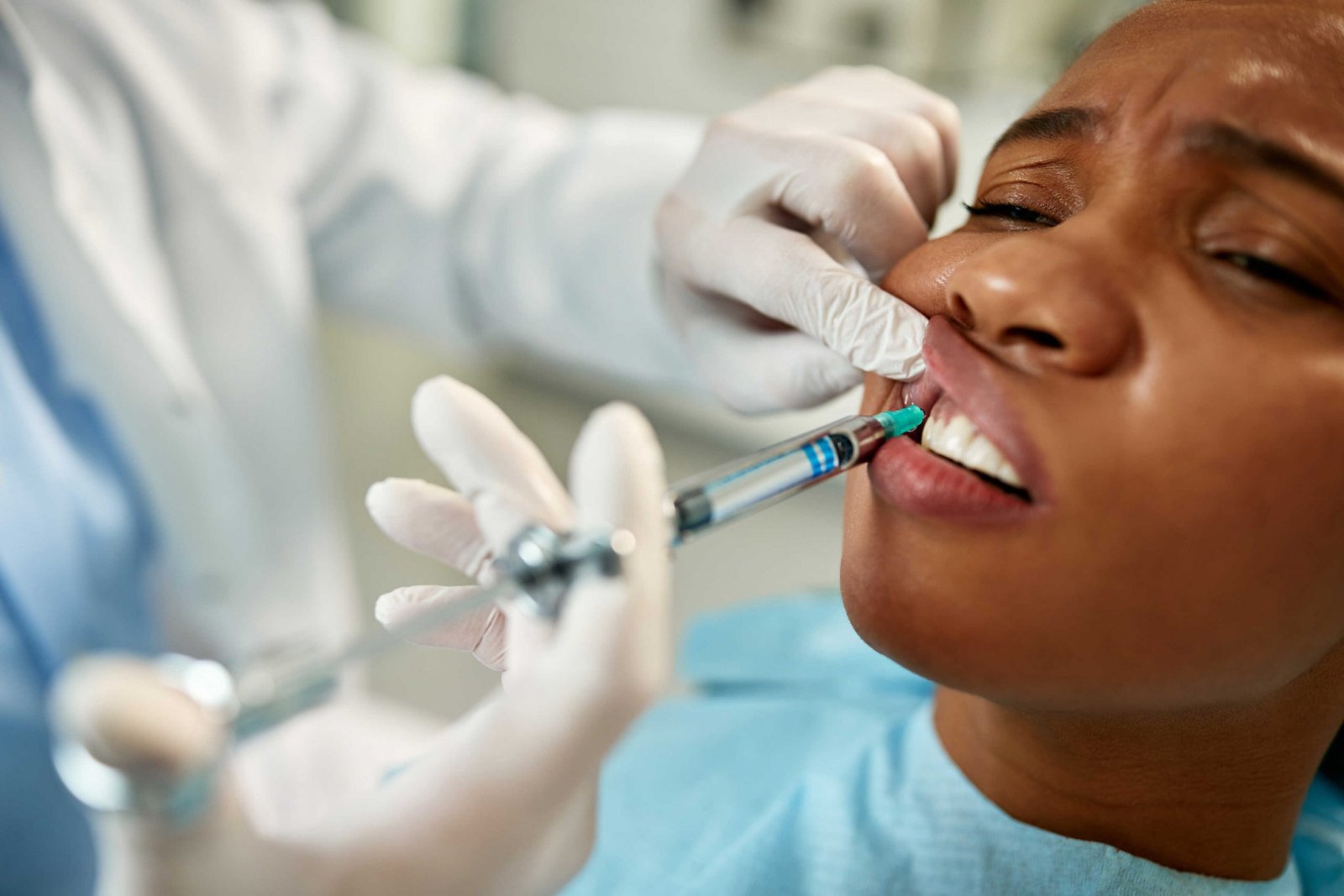
Precautionary Measures and Conclusion
10. Plan Ahead
Before undergoing local anesthetic drug or general anesthesia for a dental procedure, discuss the use of local anesthetics with your dentist. Understanding the expected duration of numbness and the process of eliminating Novocaine from your system can help you plan your day accordingly and take necessary precautions. Unlike general anesthesia, local anesthetics like Novocaine do not cause loss of consciousness, allowing you to remain awake during the procedure.
11. Avoid Chewing and Biting
While waiting for the Novocaine to wear off, avoid chewing or biting on the numb area. This can prevent accidental injury to your tongue, cheeks inner cheek part, or lips, or pain signals which you may not feel due to the numbness.
12. Be Patient
While it may be inconvenient, the effects of Novocaine will naturally wear off with time. Patience and following the tips provided can help expedite the process and make you more comfortable.
Risks Involved in Being Too Casual When Dealing with Novocaine in Dental Procedures
Novocaine, a local anesthetic widely used in dental procedures, can sometimes cause side effects such as bruising or extended numbness. However, eliminating its usage and aftercare in oral surgeries can lead to several risks and complications. Here, we explore the potential dangers of neglecting proper precautions and post-procedure care when dealing with Novocaine in dental care.

Risk of Injury
1. Accidental Biting and Chewing
One of the most common risks associated with Novocaine is the accidental injury to the numb areas, such as the lips, cheeks, and tongue. By eliminating Novocaine efficiently, the risk of such injuries can be reduced. Because Novocaine numbs the nerves in the treated area, many patients will often cannot feel sensations, including pain. This can lead to:
- Biting the Cheeks or Lips: Without the ability to feel pain, it is easy to bite down hard on the cheeks or lips while eating or talking, causing injuries that can lead to sores, swelling, and bleeding.
- Chewing the Tongue: Similarly, the numbness can cause individuals to chew on their tongue inadvertently, leading to significant pain and potential infection once the anesthesia wears off.
Risk of Infection
2. Poor Oral Hygiene Post-Procedure
Neglecting proper oral hygiene after a dental procedure involving Novocaine can increase the risk of infection. Eliminating Novocaine efficiently can reduce this risk. The numbness may make it difficult to perform regular oral hygiene tasks effectively, such minor procedures such as brushing and flossing. This can result in:
- Bacterial Growth: Food particles and plaque can accumulate around the treated area, fostering bacterial growth that can lead to infections.
- Delayed Healing: Poor oral hygiene can also slow down the healing process, making it more susceptible to infections and complications.
Risk of Prolonged Numbness
3. Nerve Damage
While rare, one of the more serious risks of being too casual with Novocaine is nerve damage. Eliminating Novocaine efficiently can reduce the risk of prolonged numbness. This can occur if the injection is not administered correctly or if there is an underlying condition that affects nerve health. Symptoms of nerve damage include:
- Prolonged Numbness: Numbness that persists beyond the expected duration can be a sign of nerve damage.
- Tingling or Burning Sensation: Patients may experience unusual sensations, such as tingling or burning, in the numb area.
- Loss of Sensation: In severe cases, there may be a permanent loss of sensation in the affected area.
Risk of Overdose
4. Excessive Dosage
Eliminating Novocaine efficiently can reduce the risk of overdose, which is potentially life-threatening. Symptoms of Novocaine overdose include:
- Severe Dizziness and Confusion: Overdose can affect the central nervous system, causing severe dizziness and confusion.
- Difficulty Breathing: High doses can depress the respiratory system, leading to difficulty breathing or even respiratory arrest.
- Seizures: In extreme cases, an overdose of Novocaine can induce seizures.
Risk of Adverse Reactions
5. Allergic Reactions
Eliminating Novocaine can reduce the risk of adverse reactions for individuals who may be allergic to this or other local anesthetics. Being too casual about discussing medical history and potential allergies with the dentist can result in:
- Anaphylactic Shock: A severe allergic reaction that requires immediate medical attention. Symptoms include difficulty breathing, swelling, and a rapid drop in blood pressure.
- Milder Allergic Reactions: These can include skin rashes, itching, and swelling around the injection site.
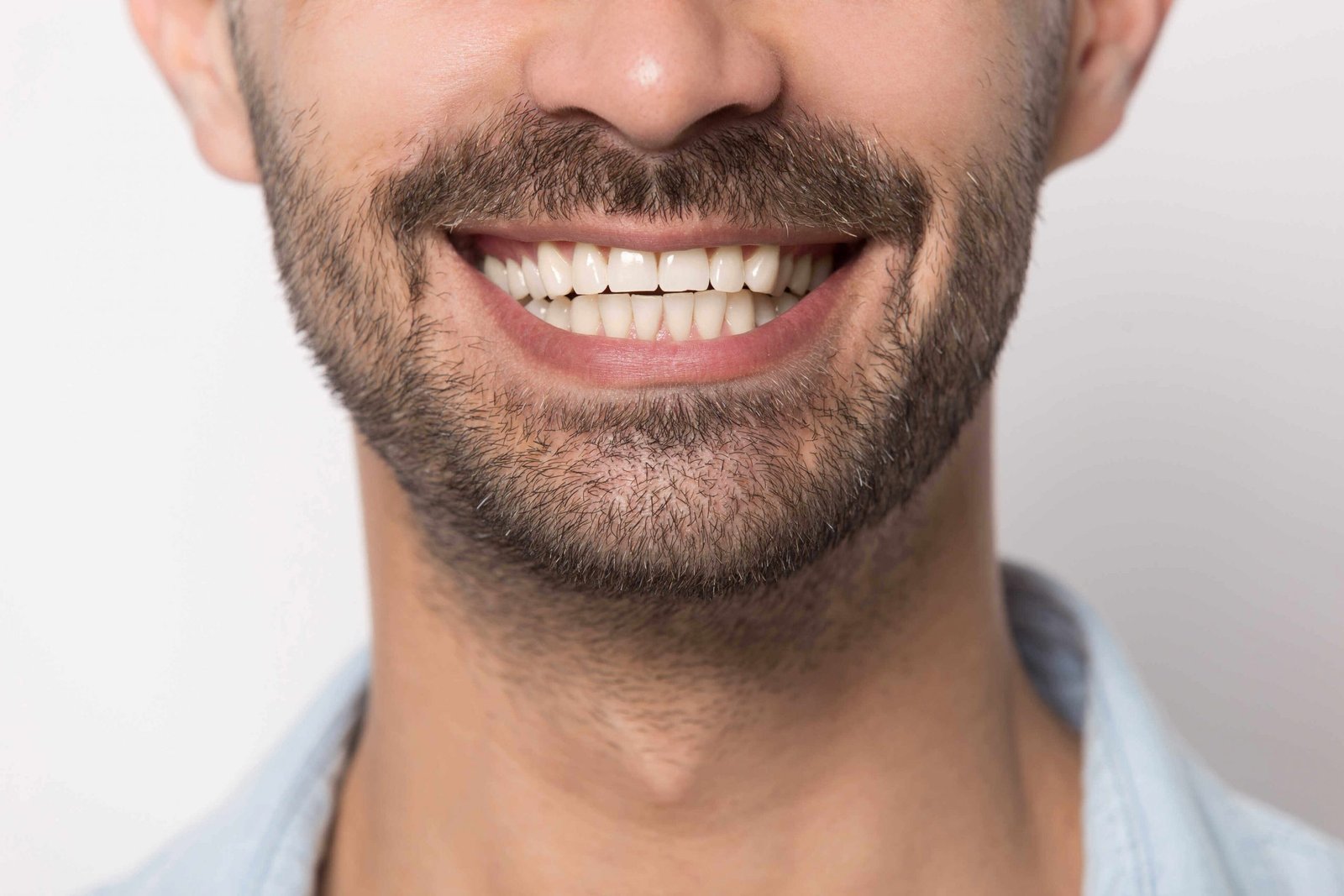
Risk of Complications from Eating or Drinking Too Soon
6. Choking Hazards
Eliminating Novocaine efficiently can reduce the risk of choking when eating or drinking while still numb. The inability to properly sense and control the muscles in the tongue, numb mouth, and throat can lead to:
- Choking on Food: Patients may not chew food adequately, increasing the risk of choking.
- Swallowing Difficulties: The numbness can impair the ability to swallow properly, leading to potential choking or aspiration.
Let’s wrap this up…
By following these steps, you can help expedite the process of eliminating Novocaine and return to normal sensation more quickly as the anesthetic wears off.
Novocaine is an essential tool for pain management during dental procedures, but its lingering effects can be bothersome. By incorporating physical activity, staying hydrated, consuming a balanced diet, and using home remedies, you can help accelerate the wearing-off process. Always consult your dentist if you have concerns or experience prolonged numbness. For more detailed guides and tips on various topics, visit HowToKings.com. Explore our comprehensive resources to enhance your knowledge and improve your daily life.
*Editor’s Note: The information in this article is intended for your educational use only and is not a substitute for professional medical advice, diagnosis, or treatment. Always seek the advice of your physician or other qualified health providers with any questions you may have regarding a medical condition before undertaking any diet, supplement, fitness, or other health programs.

